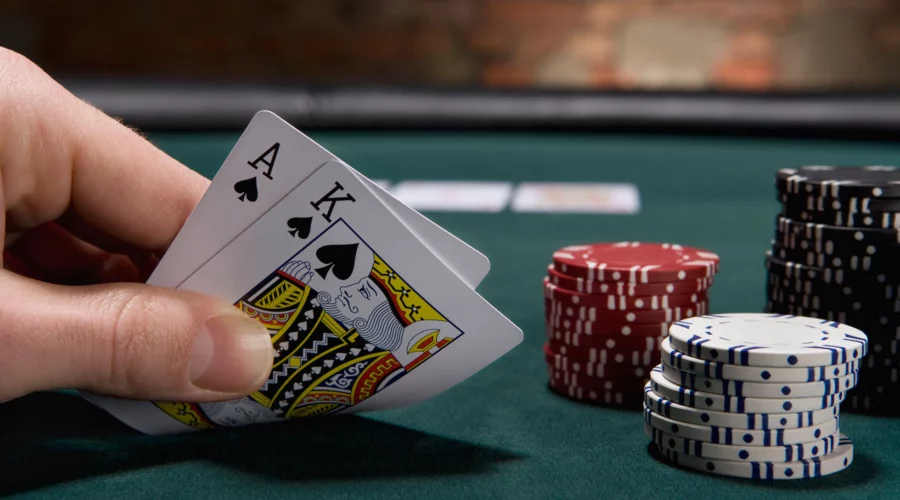Poker is a complex and strategic card game that involves a combination of skill, psychology, and luck. But there are ways to give yourself an advantage by playing with specific strategies. In this post, we will provide you with a general overview of some of the most important strategies for playing the game against other players, as well as information on poker hands and winning poker tournaments.
We hope that you will find these tips helpful in your game. Please note that these tactics are not the only strategies out there, but they can help you improve your chances of success and beat other players who may be using different tactics. Here are some critical strategies for playing Poker, especially when following standard poker rules:
1. Starting Hand Selection:
One of the most important aspects of playing the game correctly is choosing an excellent hand to begin with. While you need to follow your usual strategy for betting and raising, you should also be aware of your starting hand. This means that you should keep track of what cards your opponents actually have and how they play with them.
2. Positioning:
One of the most essential tips to follow when playing is playing smart and conservatively, which will include knowing where you are at the table. If you are in earlier positions, you should play passively and wait for a good hand. This is because there are fewer opponents for you to beat in the beginning. If you are in a later position, on the other hand, make sure that you play aggressively because there’s a higher chance that your opponent will have folded their hands after seeing what cards they hold.
3. Folding:
Another important aspect of playing with Poker rules is knowing when to fold and when to call. When you are playing, your main objective is to make a good hand to the best of your ability. This means that you should only play your cards if you have the best hand, and even more importantly.
4. Betting Strategy:
Each game has different ways in which it plays out. However, there are some regular betting patterns that every game follows. If someone bets after first seeing or checking their cards, they will usually throw away their hands. In tournaments, however, betting is allowed before a player checks their cards. This means that players who first check will usually bet and risk losing all of their chips in the process. Therefore, before checking your hand, decide whether you think your opponent will bet or fold.
5. Bluffing:
Bluffing takes many forms in poker. You can bluff by calling or raising after the flop in order to try to win the pot. However, in most cases, you will still have to make at least a part of your bet out of a good hand if you want to win the pot with this bluff. However, once you and your opponent are both down to a few chips, you can try to bluff by increasing the size of your last bet. At this point in the game, your opponent is usually desperate and will risk losing the whole pot if they don’t have a good hand.
6. Outs:
When you play poker, you can have a lot of outs. A good example is when you are in a late position and only have a few chips available to bet with. You can call in order to try to bluff your opponent into calling an all-in with a weak hand. However, if your hand is not as good as you thought it would be, you may want to fold instead of trying to win the pot with a bluff that won’t win against your opponent’s cards.
Conclusion:
Poker is a complex and strategic card game that involves a combination of skill, psychology, and luck. However, there are some general strategies that you can use to give yourself an advantage over other players by playing with specific tactics. Although these tips are not the only strategies out there, they can help you improve your chances of success and beat other players who may be using different tactics.





